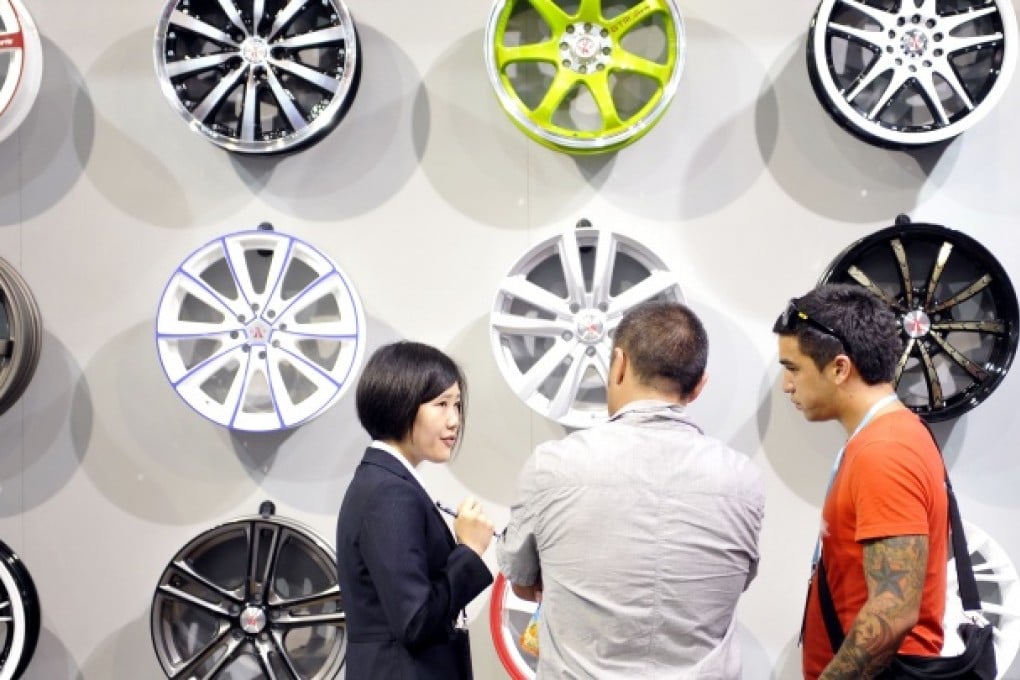
China on Saturday reported a sharp slowdown in exports in May compared to the previous month while imports unexpectedly dropped, as the world’s second largest economy grapples with slowing growth and sluggish overseas demand.
Overseas shipments rose just one per cent to US$182.8 billion last month, far lower than 14.7 per cent recorded in April, customs authorities said in a statement.
It also missed a medium forecast of 5.6 per cent expansion in a Dow Jones Newswires’ poll of economists.
Imports dropped 0.3 per cent to US$162.3 billion, said the statement, down from a rise of 16.8 per cent in April and well below the economists’ median forecast of a five per cent increase.
Trade surplus stood at US $20.4 billion last month, it said, widening marginally from the previous month.
The disappointing performance was due to “a slowdown in the domestic economy, sluggish foreign demand, companies’ high costs, the appreciation in the yuan’s real value and a worsening trade environment”, customs said.